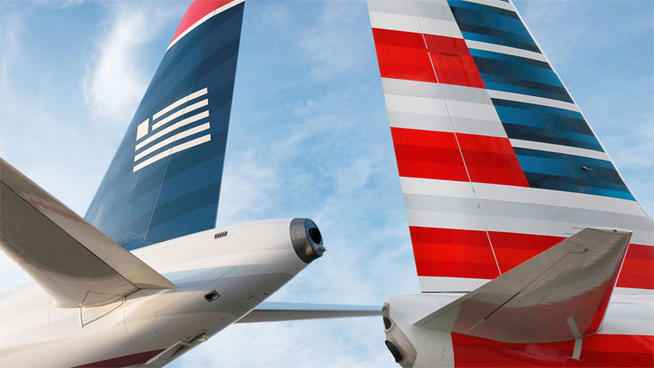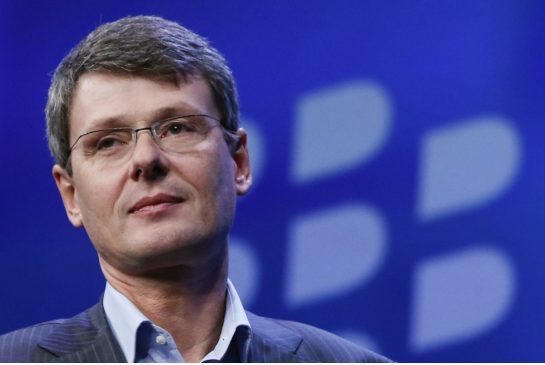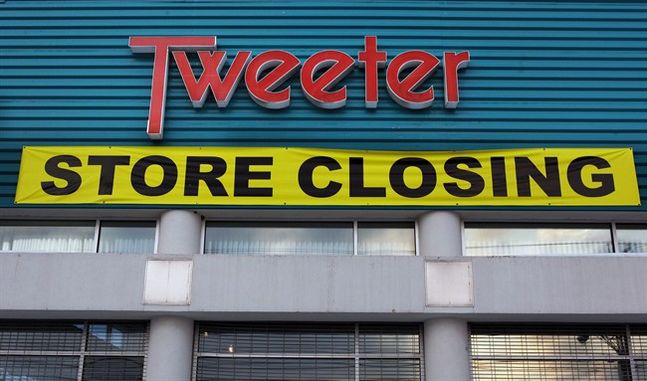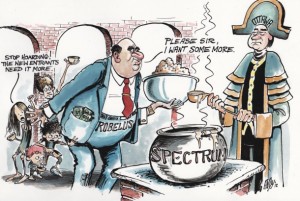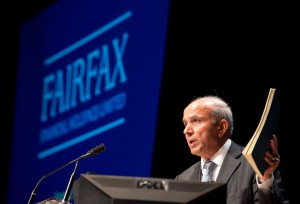Monopolistic takeoff: US Airways and American Airlines get final merger approval
Image via Flyertalk
Despite efforts from the American antitrust division –who filed a lawsuit to block the merger in August–, the U.S. Justice Department has approved the last hurdle of a merger that will form the largest airline in the world.1
The two companies have noted that customers are unlikely to see any noticeable short-term changes, but the monopolistic effects of the newly formed company could be substantial.
For instance, the Justice Department’s antitrust division emphasized “that competition would decline significantly on more than 1,000 routes where the two companies currently compete head-to-head…and the new[ly] combined American Airlines would control 69 percent of the limited takeoff and landing slots at Ronald Reagan National Airport near Washington, giving it a near-monopoly there.”2 USA Today’s Gary Leff wrote an interesting column on 3 lessons for the two companies. Many of his ideas coincide with my own ideas posed below.3
Though it is undetermined whether the issue of reduced competition will adversely affect customers in the long run, it is clearly evident that the merger will lead to an Oligopoly, where the big 4 –Delta, United, Southwest and the merged US and American Airlines– will have the dominance and power to fix prices, increase barriers to entry, and limit the number of firms that make up the airline industry.
Sources:
1 http://www.cbc.ca/news/business/american-airlines-us-airways-get-final-merger-ok-1.2424053
2 http://www.nytimes.com/2013/11/14/opinion/an-unwise-airline-merger.html?hp&rref=opinion&_r=0
3 http://www.usatoday.com/story/opinion/2013/11/13/gary-leff-american-us-airway-merger-lessons/3519123/
